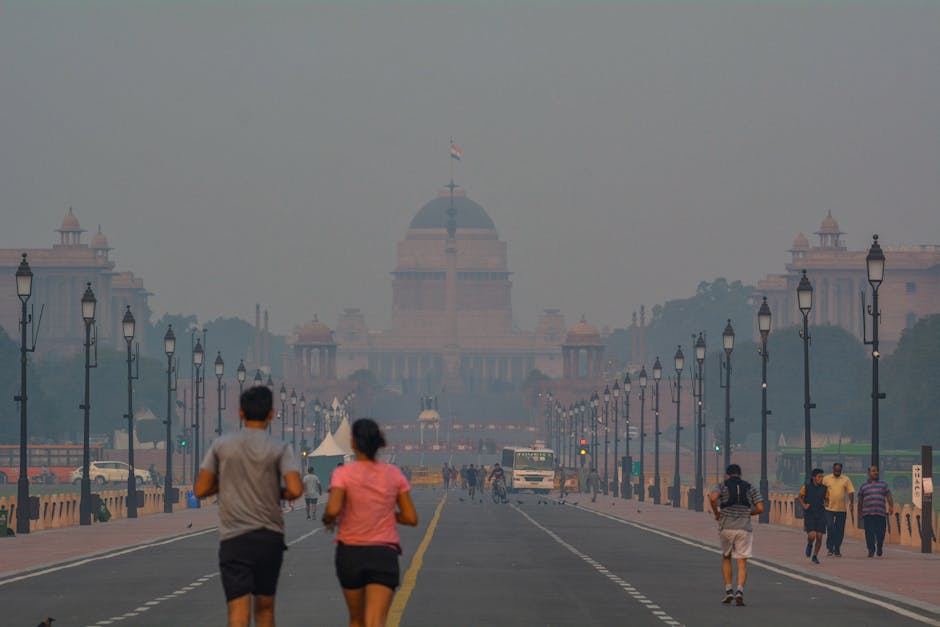Japan’s technological innovation and economic strength contrast sharply with its stagnant gender equality in politics. Despite global advances, women remain severely underrepresented in the National Diet, facing cultural, structural, and financial hurdles. Here’s a deep dive into the realities of Japanese politics for women—and whether change is on the horizon.
Japan’s Gender Gap in Politics: By the Numbers
As of 2024, women hold just 10% of seats in Japan’s House of Representatives, ranking 165th globally for female representation (Inter-Parliamentary Union). Local assemblies fare slightly better at 15%, but Japan lags behind neighbors:
– South Korea: 21% women in parliament
– Taiwan: 42%
This disparity highlights systemic issues stifling women’s political participation.
Why Are Women Excluded? Key Barriers
- Cultural Expectations: Traditional gender roles label politics a “man’s domain,” pressuring women to prioritize family over leadership.
- Structural Inequity: Male-dominated political dynasties control funding and party support, leaving women with fewer resources. Campaign costs—often ¥10–50 million ($70k–350k)—further deter female candidates.
- Everyday Sexism: Female politicians face scrutiny over looks, marital status, and childcare. Ex-Defense Minister Tomomi Inada was told to “go home and make babies.”
Reforms or Tokenism?
Japan’s government has introduced non-binding gender targets for parties, but the ruling LDP remains 90% male. PM Kishida’s occasional female cabinet appointments are criticized as “window dressing.” Without enforceable quotas (like France’s 50% law), progress is sluggish.
Signs of Change: Women Pushing Back
- Tokyo Governor Yuriko Koike and activists like WinWin Network mentor women candidates.
- Grassroots movements and #MeToo amplify demands for equality.
- Younger, urban women are mobilizing, but rural areas cling to tradition.
What’s Needed for Real Progress?
- Gender quotas with penalties for non-compliance.
- Public funding for women’s campaigns.
- Media accountability to combat sexist coverage.
Japan’s political future depends on dismantling its old-boys’ club—or risk falling further behind.
— NextMinuteNews




